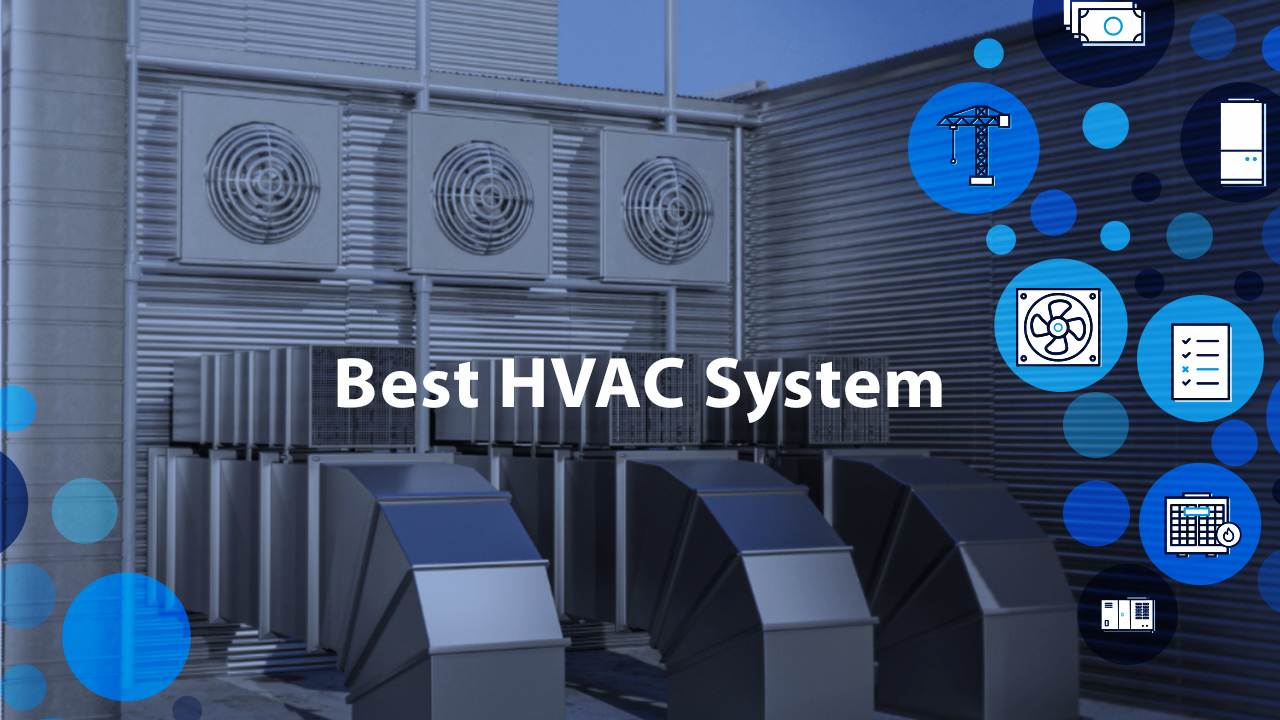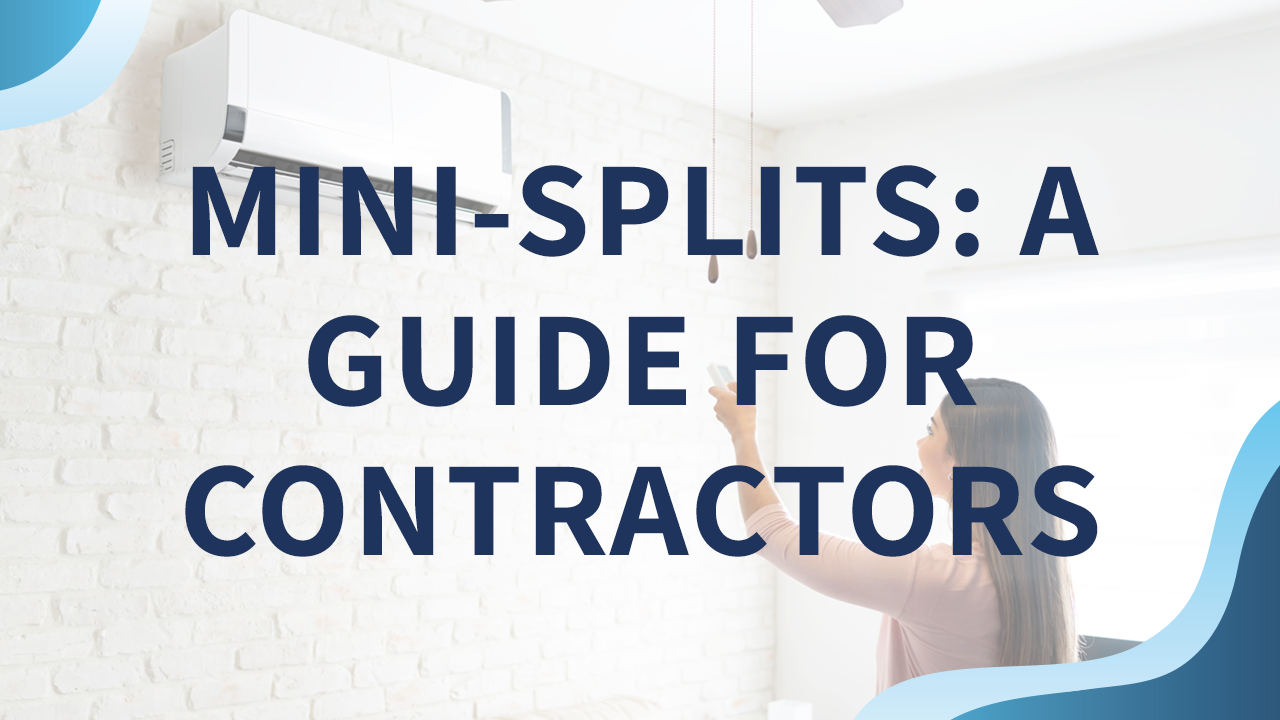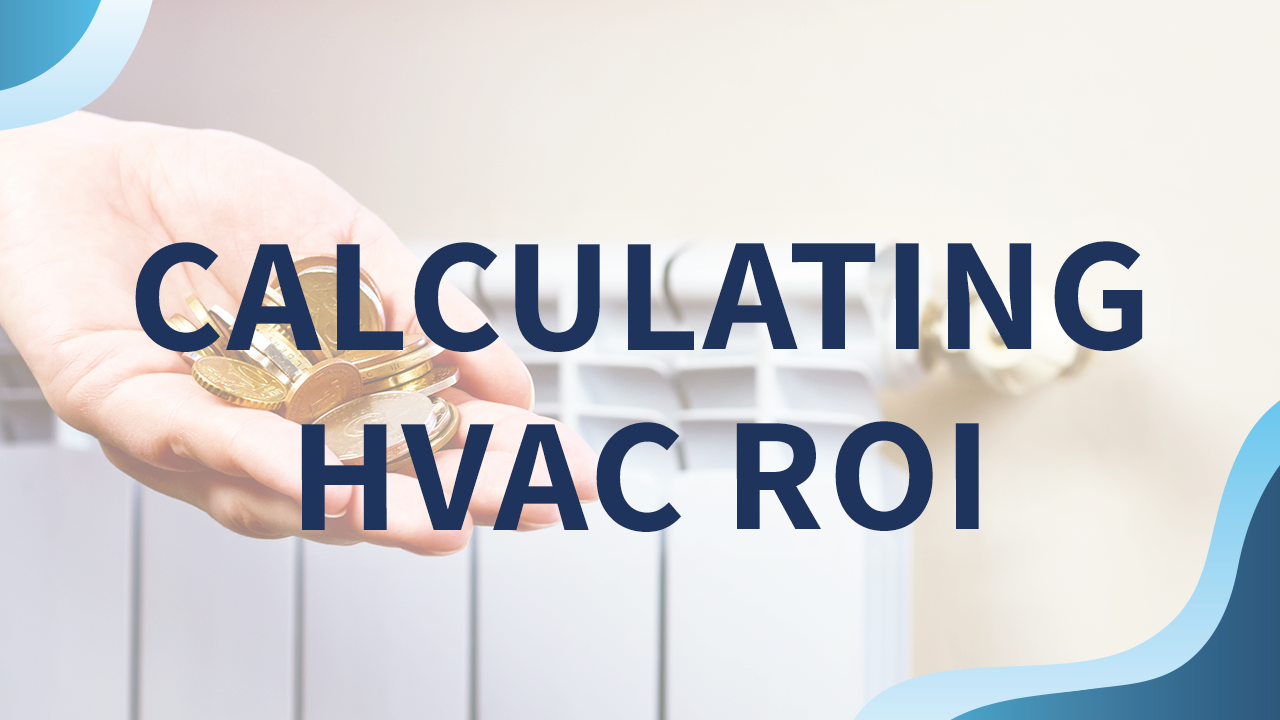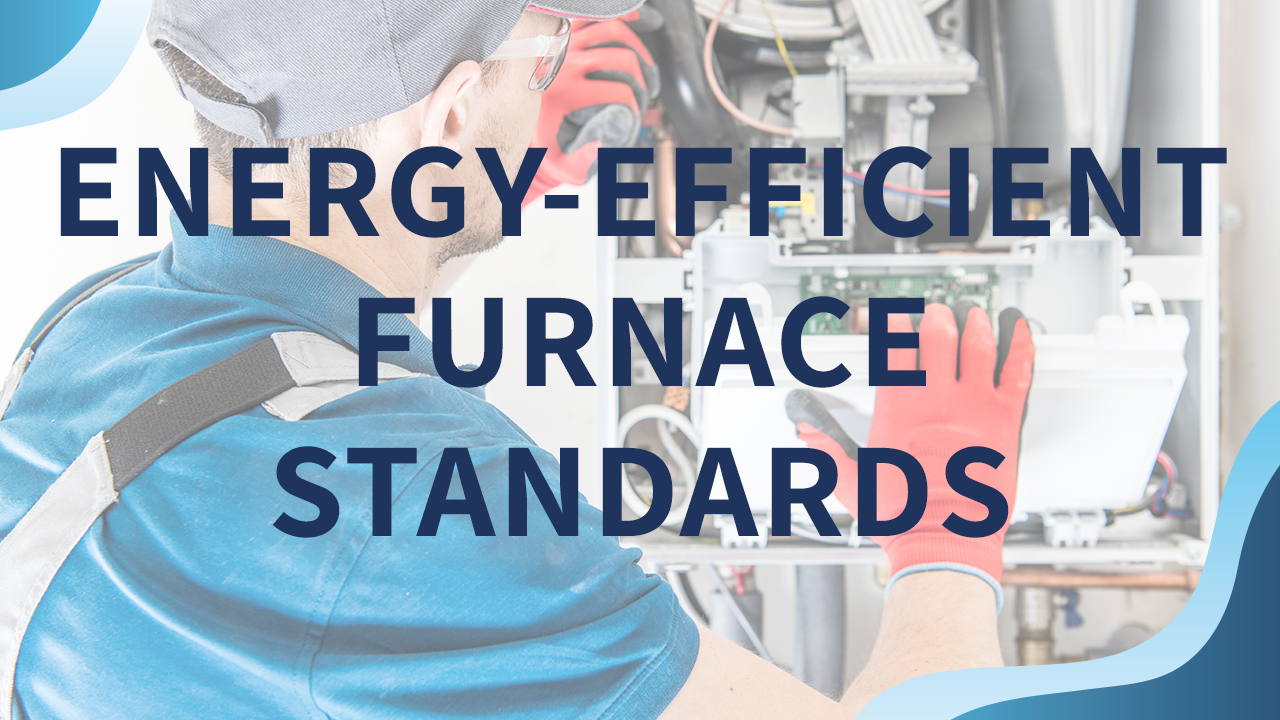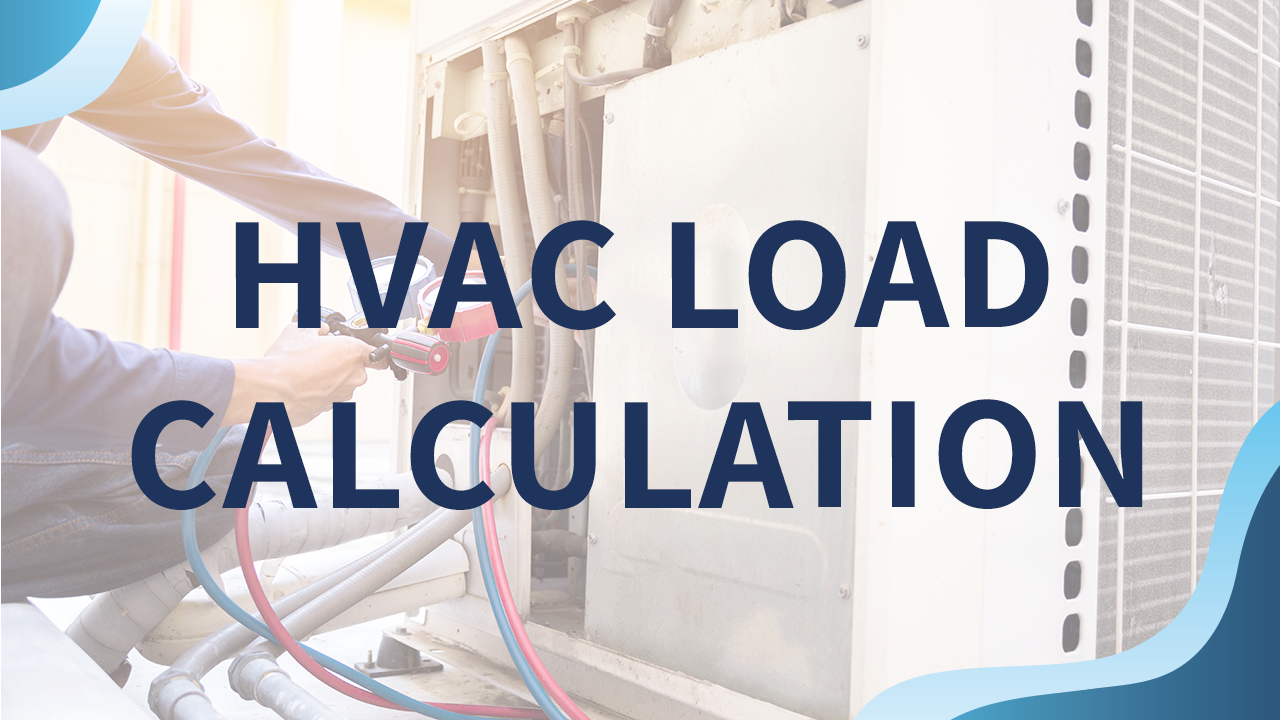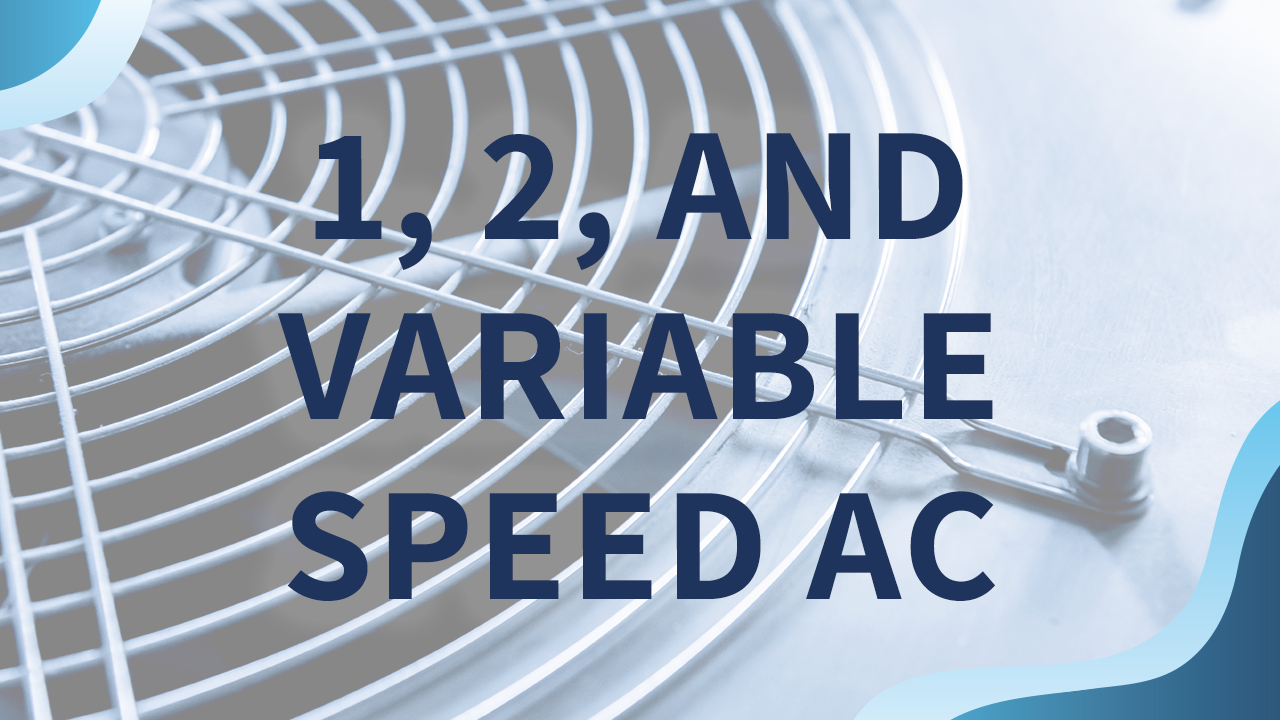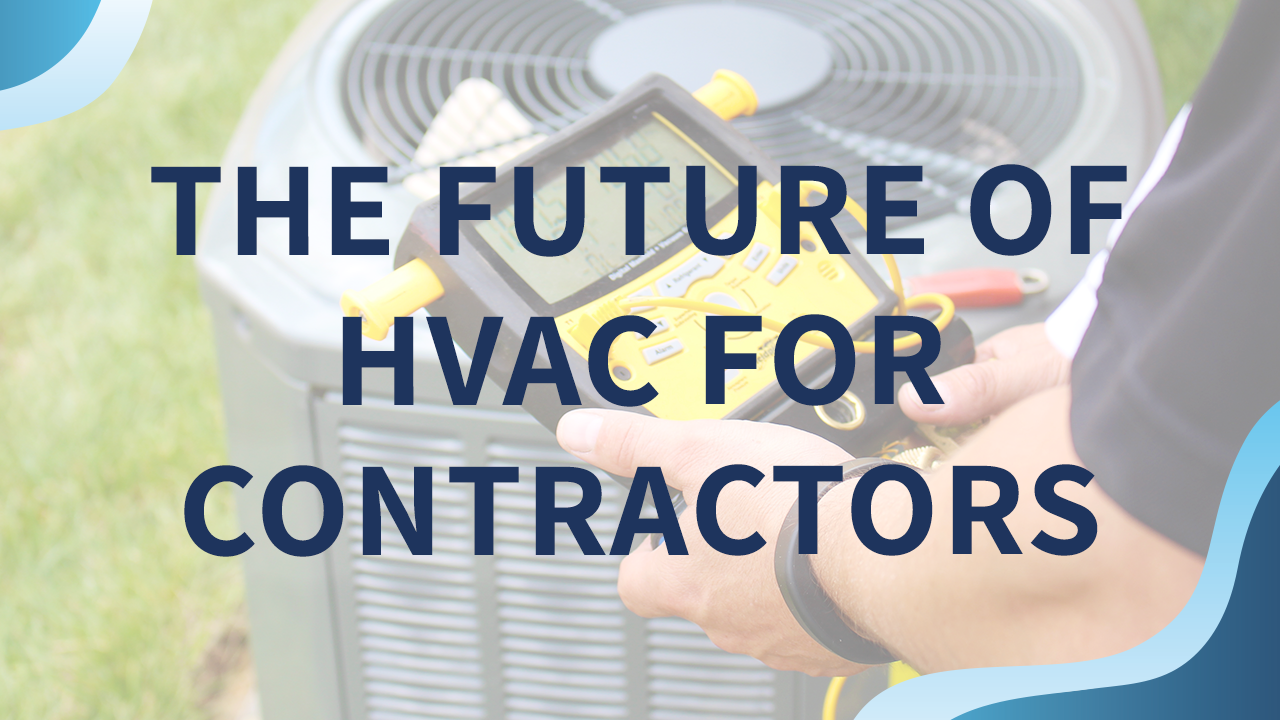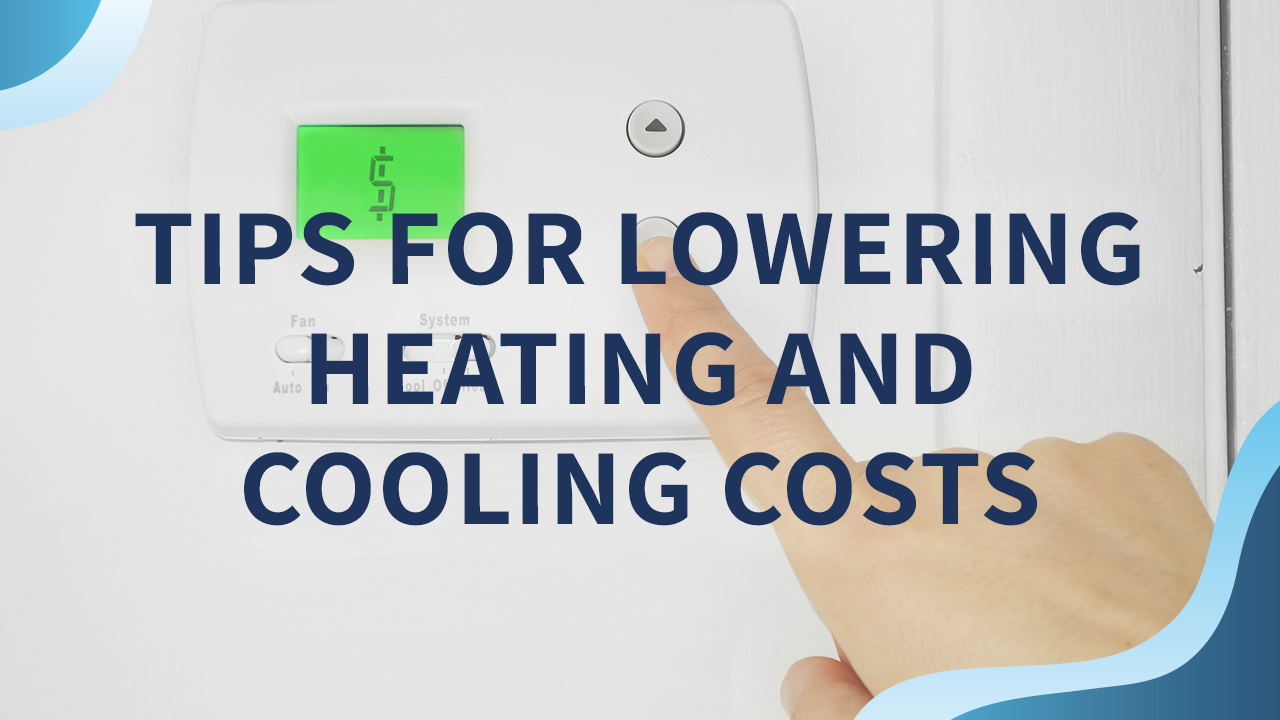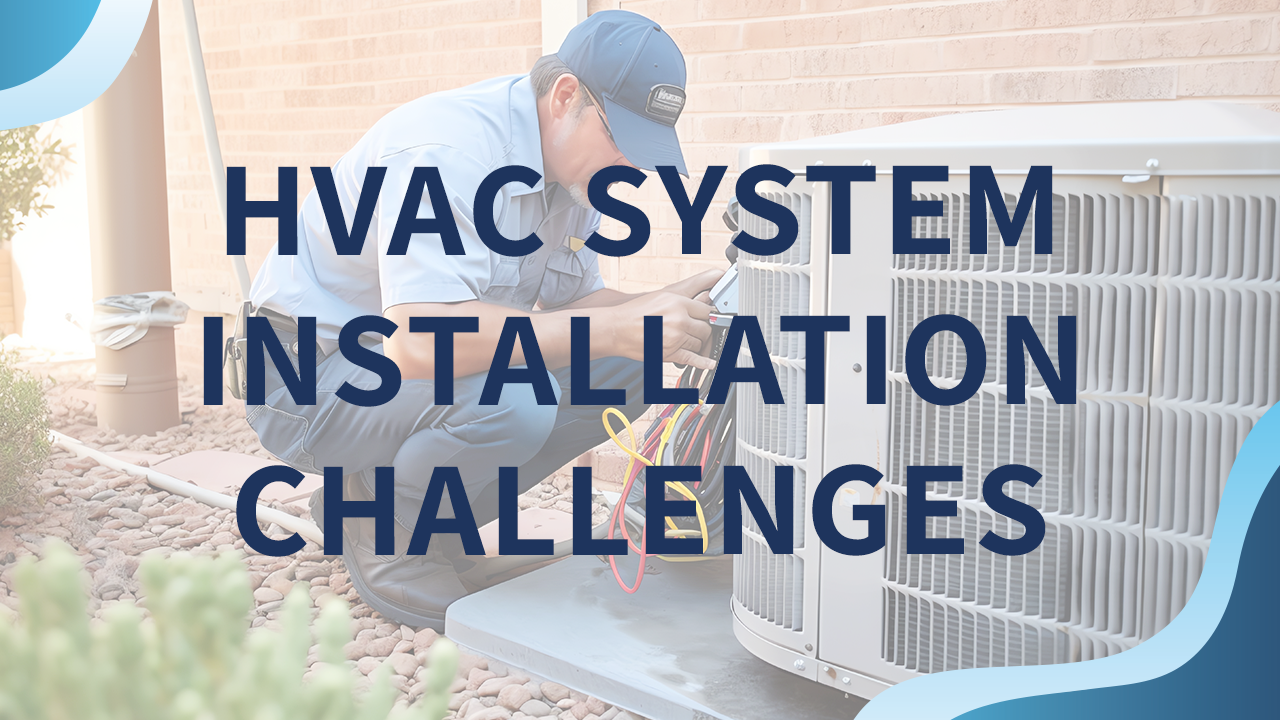HVAC systems are significant investments for property owners. Not only do they cost a substantial amount of money, but they are intended to operate for decades. It’s vital, therefore, to choose equipment that will be reliable, efficient, and effective for many years. HVAC systems, however, are not a one-size-fits-all type of purchase. The equipment that works best for one property might not be the better choice for another. So, what makes a good HVAC system, and how do you choose the best option for your property?
What Makes An HVAC System Reliable?
When choosing the best HVAC system for their properties, many owners focus entirely on price.
While cost always should be considered, another major factor to remember is the system’s reliability. After all, a reliable system will pay for itself over the equipment’s lifetime.
For example, if the average lifespan of an air conditioner is 15 years, and a cheaper system is prone to breakdowns, then the additional cost of repairs ultimately will far exceed the added price of the more reliable HVAC equipment.
What makes an HVAC system reliable?
Obviously, the equipment that is least likely to break down is more reliable than a system that’s frequently on the fritz. But the frequency of malfunction isn’t the only reliability factor to consider when choosing a new HVAC system. HVAC equipment that is more difficult to repair, or equipment for which it’s hard to source parts, might take longer to fix, causing delays in a return to operation.
Property owners also should investigate how much maintenance is required to keep an HVAC system operational. Those without the time or skill necessary to maintain their equipment – or money to pay a professional HVAC technician – should look for low-maintenance equipment that requires less effort to remain functioning.
What Makes An Effective HVAC System?
After cost and reliability, the most important factor most property owners consider when choosing an HVAC system is its effectiveness and efficiency.
After all, the primary reason most employ an HVAC system is to achieve the desired indoor comfort level, and the equipment’s efficiency will hugely impact energy usage and utility bills for years to come.
How can you judge an HVAC system’s efficiency?
More and more property owners are looking for the Energy Star label when buying major appliances such as HVAC units. Energy-efficient HVAC uses less energy, so it costs less to operate without negatively impacting its performance. HVAC energy efficiency is rated in two ways:
- SEER – The Seasonal energy efficiency ratio measures an air conditioner’s cooling output ratio compared to its energy use. SEER ratings for air conditioners sold today range from 13 to 21, with the higher ratings signifying greater efficiency.
- AFUE – The annual fuel utilization efficiency designates how much of the energy used by a furnace gets converted into heat. When a unit boasts an AFUE of 95 or higher, then nearly all of its fuel is converted to heat. Like SEER, the higher numbers reflect higher efficiencies.
Which HVAC System Lasts the Longest?
Of course, no one can forget to consider longevity when choosing the best HVAC system. With such significant investments, property owners want to get the most bang for their buck – provided, of course, that the chosen HVAC system also is reliable and efficient. Why pick equipment that will need to be replaced in 15 years, if you can instead buy an HVAC system that will function for 20 years or longer? Even if the second system costs slightly more, the additional longevity easily will pay for it. But which HVAC system will last the longest?
The longevity of an HVAC system greatly depends on both the type of system and its manufacturer. Different types of HVAC equipment are known to have longer lifespans than others. For example, geothermal systems can last anywhere from 25 to 50 years, while remaining extremely energy efficient. Both heat pumps and furnaces can remain operational for 15 to 20 years with proper maintenance. Meanwhile, central air conditioning units typically last between 12 and 17 years with average use and proper maintenance, although this HVAC component often fails before the heat-producing elements.
Once a property owner chooses the type of HVAC system with the longest lifespan, they also should consider the manufacturer. For example, Amana developed a stainless steel Million-Air heat exchanger with a lifetime warranty, eliminating the common issue of a cracked heat exchange decommissioning a furnace. By investing in the Amana AMVM97 gas furnace, which features the new technology, property owners are almost certain to extend the longevity of their HVAC equipment.
Which HVAC System is Best for Residential Use?
It should be no surprise that the best HVAC system for a commercial property won’t be the same as the best HVAC equipment for residential use. Not only are the conditions and needs different, but the structures usually are entirely distinct from one another. Commercial property owners often employ experts who can help guide them to the best HVAC system, but how does the average homeowner choose the best HVAC equipment for their needs?
The first factor to consider when choosing residential HVAC equipment is the type of system. Several types of HVAC units are available for residential use, including:
- Split Systems – The most common of residential AC systems, split systems are split between cooling and heating.
- Ductless Systems – Consisting of an outdoor air conditioner for cooling and a heat pump for both cooling and heating, ductless systems are suitable for homes without conventional systems of ducts.
- Hybrid Systems – Hybrid systems are advanced versions of split AC systems, with the addition of a hybrid electric heater system to improve energy efficiency.
- Packaged Systems – A single unit that provides high-quality heating and cooling, outdoor packaged systems often are used in homes without basements.
Even after deciding on the best type of residential HVAC system, homeowners have plenty of other factors to consider. What sort of home comfort do they seek? Is air quality an issue? What is the desired efficiency, and what capacity is needed to heat and cool the area of the home? Does the homeowner seek additional technology such as a smart thermostat? How able is the property owner to conduct or contract required maintenance? All of these factors will influence the best HVAC system for a home.
Of course, even with all of that in mind, homeowners are wise to choose an HVAC system manufactured by a brand they can trust. Goodman features a wide range of HVAC equipment that employs ComfortBridge technology to ensure the system is always providing maximum comfort. Placed inside the HVAC unit, the advancement tells an HVAC system how to efficiently minimize the amount of energy it uses to heat or cool a home.
Other homeowners choose Amana HVAC equipment since it offers SEER ratings as high as 24.5. Not only does Amana HVAC equipment boast superior efficiency, but it’s known for its sound-reduction high-density foam that promises quiet operation.
Another brand of residential HVAC that is often overlooked is Daikin. While it’s not considered a premium option, Daikin has a long reputation for manufacturing HVAC equipment that is high-quality, reliable and long-lasting. Plus, because it’s a mid-range brand, Daikin HVAC systems often are a more affordable option, while retaining the efficiency and durability promised by major brands.
